Description
This is a powerful collection of poems by a recognized poet in which she examines life both spiritually and physically, not only life on the farm where she has been living and working for the past several years, but also life as a woman, a wife, and a lover of people. Several poems deal with her interaction with Tibetan Buddhists who live and work with her on her farm. One poem was awarded with the prestigious Pushcart Prize in 2011. A side note: The photo on the cover is of “Lady,” says Pamela, “a very special cow friend, half holstein half brahma, a rather special being.”
Pamela (Jody) Stewart has published several chapbooks and five full-length volumes of poetry, the most recent being The Red Window (U of Georgia Press, 1997). Her work has appeared in a number of anthologies including Dog Music, New York: Poems and two Pushcart Prizes. A Guggenheim Fellowship took her to Cornwall in the U.K. where she lived for seven years. She’s happily ended up on a farm in Hawley, Massachusetts. Pamela Stewart Books
Interview from Giant Step Press / Article from Grandmother’s Kitchens
PAGE BY PAGE
In the child’s tipped paperweight, snow drifts behind
the glowing village church into the dark green forest.
Between the pews, a woman in her red
housekeeping smock sweeps away pine needles, dust, hair-
pins and a few scraps of paper. She’s humming O Holy Night.
At the edge of this picture book, a wolf paces his thicket.
He’d like to curl safely into warm sleep
but hungers instead.
The geese need more than snow to drink so twice a day
the child presses the heavy door outward,
hauls buckets of warm water to the noisy flock.
The paperweight tilts on her dresser.
Most days this child forks the worst of the stained bedding
From the bred ewe’s fold, tipping her basket
onto the frozen pile out back. One day, caught in the straw:
a curbed spine, wrinkled nut of a head, four hooves
all slathered red. Poor ewe bleating and turning.
Everyone’s cold or stuck in small enclosures:
a farm, its fold, the paperweight and page. So the wolf
steps into the white meadow beyond manure stream.
He smells the lamb’s blood. You smell it too as your hand
reaches for the cold jug of vodka hidden behind the family Bible.
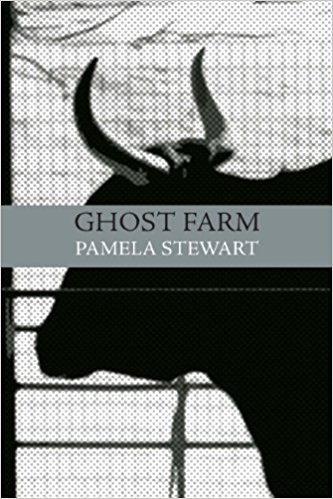
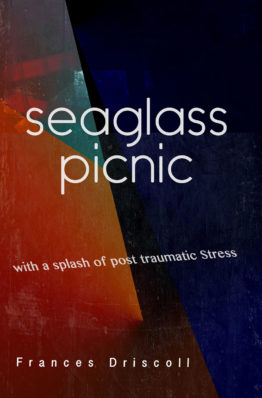
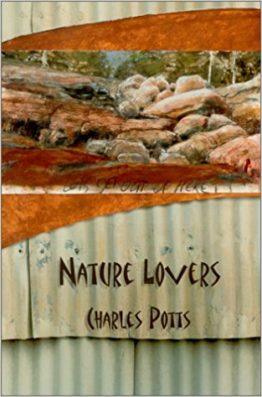
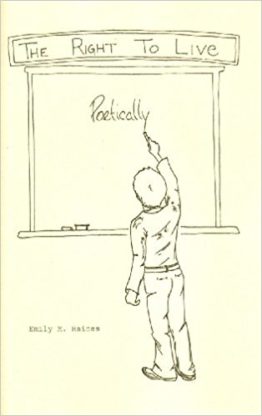
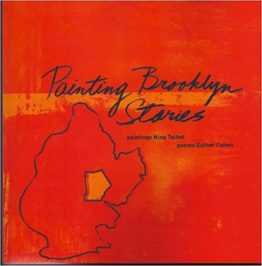
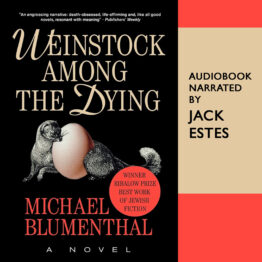
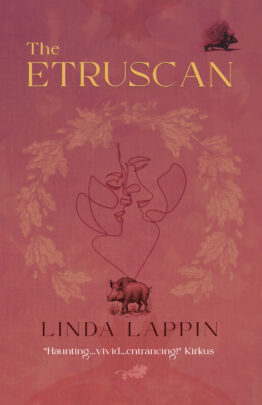
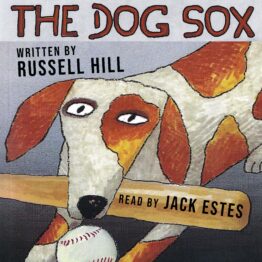
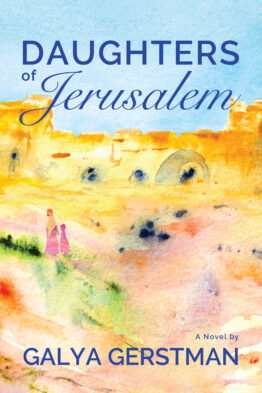
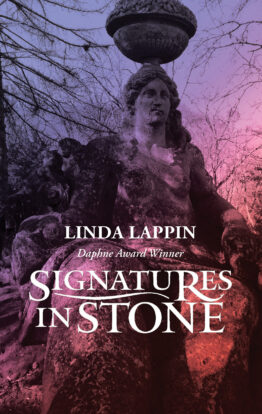
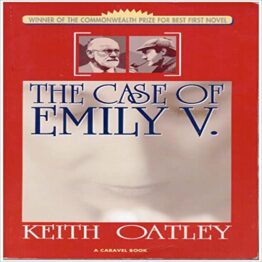
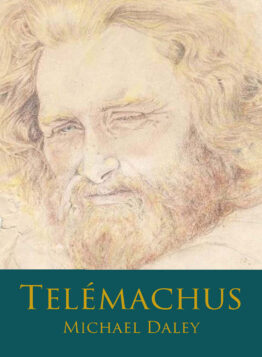


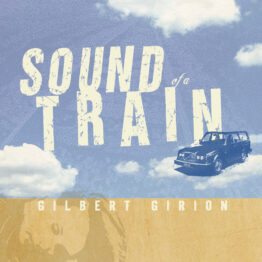
Cynthia Hogue –
“To open Pamela Stewart”s The Ghost Farm is to enter another world – invisible but wondrous. There, moonlight shines at noon and when ‘sheep jump, their fleeces fall away,’ ready for carding. A strange messenger tries to rescue the sun buried in a tree at forest’s edge. These poems have the crystalline elegance of folklore, yet Stewart also meticulously details the dailiness of life on a farm. The Ghost Farm embodies a profound wisdom drawn from working closely with animals, surviving cancer, and living ‘more flesh.’ Stewart’s poetic ear dazzles – and, oh, the glorious vision! Pamela Stewart is among our finest living poets.”
Colette Inez, poet (with nine books and several other awards) –
Pamela Stewart casts her spell in these sharply seen, sometimes dreamlike poems inhabited by worlds of worms, birds, mosses, and stones where “shoes have tongues and rise,” one tastes “an eighth-note of smoke,” and “dogs run silently through dry grass.” Dangers of fire, sickness, war erupt but the poet acknowledges song, and the “mucking out,” the “sorting of fleece” in the seasonal pull of farm life. Nature’s return of “grief with its scrabble of hope at the root” is given its due. This is a luminous book exactly and generously orchestrated. I salute it.
Tony Hoagland –
It’s wonderful to have new poems by Pamela Stewart, deeply internal and intensely lyrical, while at the same time stitched with the thread of myth, story-telling and country lore. These are sensuous, wise, and consoling poems.